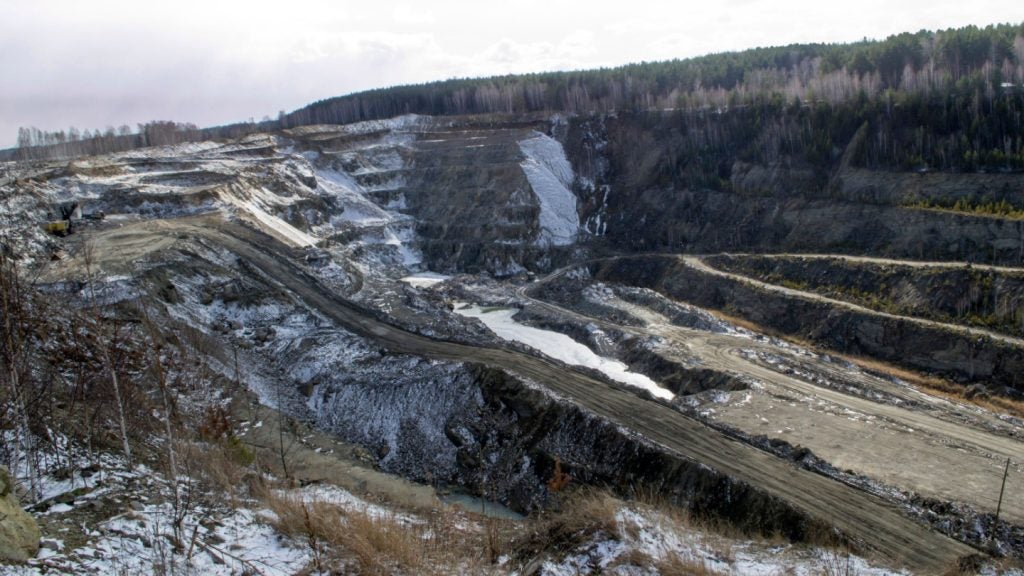The UK Government will backtrack on plans to include a ban on opening new coal mines in its updated Energy Bill currently moving through Parliament, the BBC reports.
A government spokesperson told the BBC that the decision was made after “careful consideration,” adding that it would continue to engage with parliamentarians.
Green Party MP Caroline Lucas called the decision "reckless" and said the amendments should be reinstated "immediately".
Conservative Minister Lord Callanan said the government was committed to phasing out coal in the long-term, but argued against the amendment, saying that an outright ban could cause “severe weakening of our security of supply”.
The ban was initially added to the Energy Bill in April this year by peers in Parliament’s House of Lords, narrowly winning the vote by 197–194, driven by the government’s controversial decision to approve a new coal mine in Cumbria.
The amendment read: “Within six months of the day on which this act is passed, the secretary of state must by regulations prohibit the opening of new coalmines and the licensing of new coalmines by the Coal Authority or its successors.”
The ban was put forward by the Liberal Democrats and would have been backed by opposition party Labour. Introducing his amendment, Liberal Democrat Lord Teverson said he had previously believed a ban was not necessary because it was "totally and absolutely obvious" that building a new coal mine "would be a really stupid thing for a country to do".
However, he had changed his mind after the new Cumbrian mine was approved. "If that happens once, it can happen again – that is why this amendment is so important," he said.
The commissioning of new coal projects goes against recommendations by climate change organisations on how to limit the worst effects of global warming.
Two weeks before the amendment was passed, NGO Global Energy Monitor (GEM) published a report stating that the retirement of coal power plants must increase by four-and-a-half times the current global rate. Guidelines in the Paris Agreement also state that every coal plant in the world must be retired by 2040, and that there is no room for new coal capacity to come online.
“The more new coal projects come online, the steeper the cuts and commitments need to be in the future,” said Flora Champenois, lead author of the GEM report. “The IPCC and the UN have both renewed the marching order to wind down coal power globally in what may be our last chance to avoid the worst of a warming planet’s harms.”
The government also plans to abandon measures added to the Energy Bill by the House of Lords that would enable small community energy projects to sell electricity directly to local households and consumers, according to the BBC.
More than 60 organisations, including National Grid and the Church of England, have written to Grant Shapps, the UK’s energy secretary, urging him to reverse the decision. The letter states that community energy schemes have seen "almost no growth for six years, despite renewable technologies being cheaper than ever".















